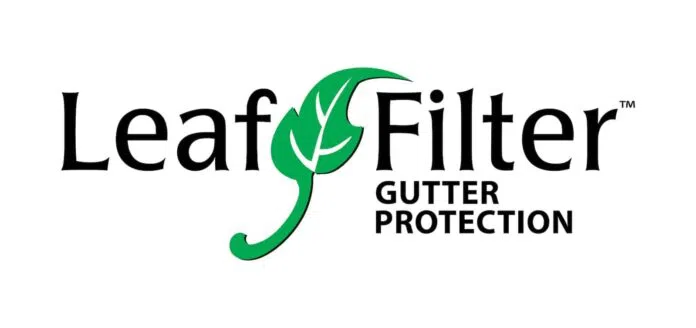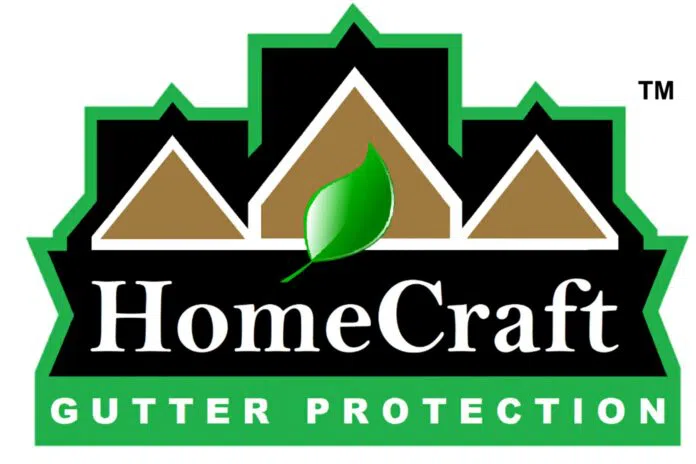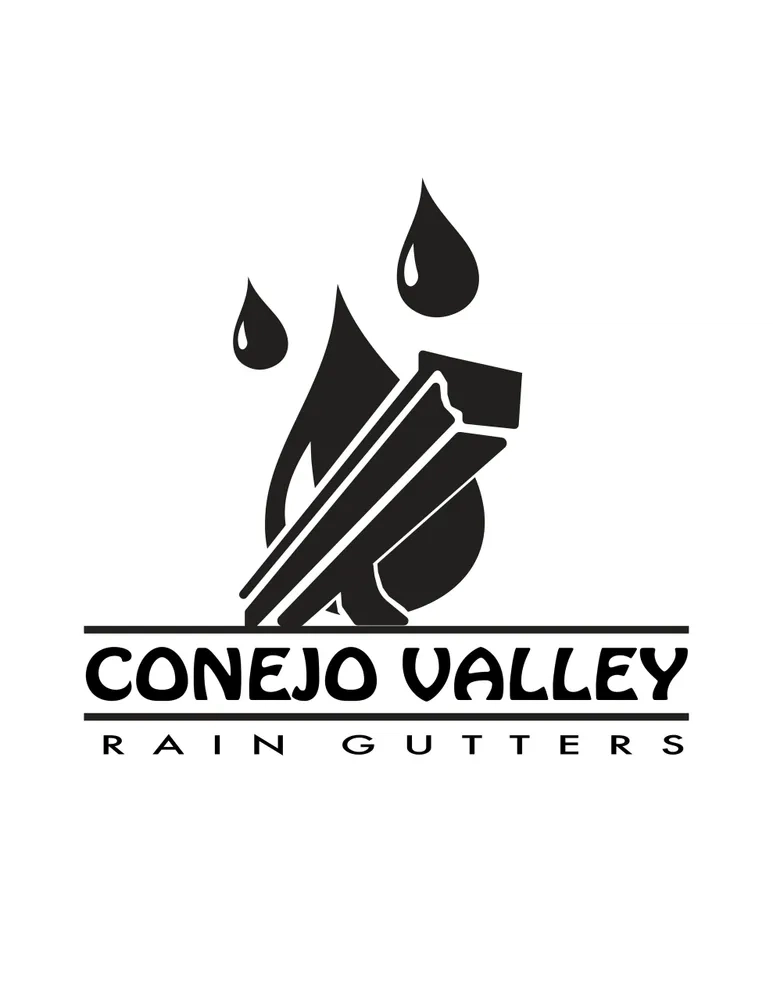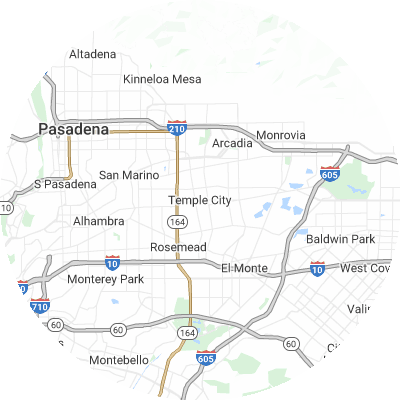Signs You May Need Gutter Guards
While gutter guards aren't always necessary, the signs of obstructed gutters are clear. Some indicators of persistent gutter problems include:
- Visibly saggy, damaged, or misaligned gutters that no longer direct rainwater correctly
- Leaky seams or joints where water leaks out of gutters
- Soggy ground or visible erosion patterns around your foundation
- Frequent clogs that lead to overflow and water spilling over gutters
- Mold growth, interior wall stains, or peeling exterior paint on walls near gutters.
How To Choose a Gutter Guard Installer
Assess Their Experience
Providers with extensive gutter guard installation experience that have worked with various styles and models will know how to take accurate measurements and fit guards to your home’s unique dimensions. Contact these providers to learn about their experience and ask for local references.
Verify Proper Licensing and Insurance
Always ensure your gutter guard installers are licensed, bonded, and have workers compensation and general liability insurance. This protects you from liability for any injuries or accidents that might happen. Ask to see current licensing and insurance papers when speaking to potential providers.
Choose Reputable Brands
Look for companies that offer leading gutter guard brands like Gutter Helmet and LeafFilter. Avoid companies that offer only generic no-name guards or their own off-brands, which may not have undergone rigorous quality control testing.
Seek Custom Fit Services
For top performance, gutter guards need custom measurements and trimming on-site to match your gutters. Choose a company that takes custom measurements and trims guards for your house instead of using generic guards. Well-fitted guards prevent debris-trapping gaps from forming.
Examine Warranties
High-quality gutter guard installers normally offer 20-year or lifetime warranties for rust, clogs, leaks, and other problems. Before picking a company, carefully review the warranty terms for materials and workmanship guarantees. Warranties are the most effective means of protecting your gutter investment.
Check Reviews and Referrals
Be sure to check online reviews on Google Reviews, Yelp, the Better Business Bureau (BBB), and other review sites to read customer feedback. Ask neighbors to suggest companies that provide quality local gutter guard installation. When researching, look for providers with consistently good feedback rather than only one or two sporadic reviews.
Types of Gutter Guards
The six typical types of gutter guards are as follows:
- Foam guards are large pieces of foam that sit in your gutters to stop debris. They're light and easy to install. Foam guards cost roughly $2.45 per linear foot.
- Brush guards are precisely what they sound like: large brush bristles that sit in your gutters to block debris but let water through. On average, you can expect to spend $4.03 per linear foot for brush guards.
- Screen guards have large holes that allow water to pass through while blocking debris. Screen guards cost roughly $4.10 per linear foot.
- Mesh guards have smaller holes than screen guards and similarly catch debris while allowing water to filter through. Mesh guards are durable and let debris slide off rather than sit on your gutters. On average, you can expect to pay $3.91 per linear foot for mesh guards.
- Micro-mesh guards have even smaller holes than mesh guards, allowing even less debris through than mesh. These guards are extremely effective. On average, you can expect to pay $5.00 per linear foot for micro-mesh guards.
- Surface tension guards, also called reverse curve guards, use surface tension to let water flow into gutters while debris slides off. Normally, they will be visible from the ground. On average, you can expect to pay $3.03 per linear foot for surface tension guards.














